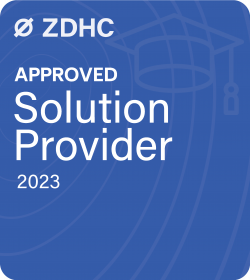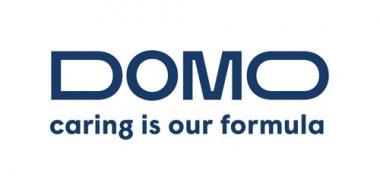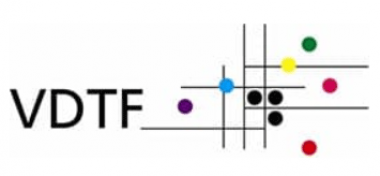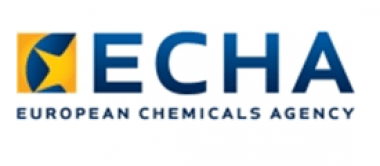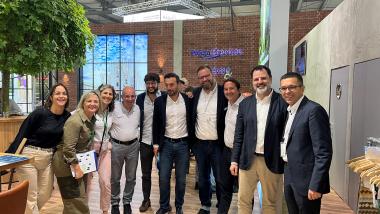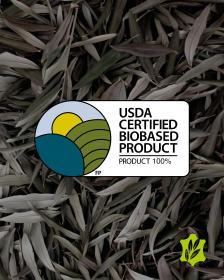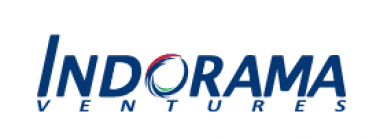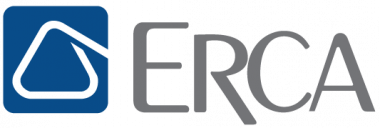CHT: Von adidas als "TOP PERFORMER" ausgezeichnet
In seiner jüngsten Evaluierung hat adidas eine Rangliste der Zulieferer von chemischen Produkten und Hilfsstoffen erstellt, die bei der Herstellung seiner Produkte verwendet werden. Mit 98 % ZDHC Level 3 Hilfsmitteln und Farbstoffen im Portfolio ist CHT der bevorzugte Lieferant in diesem Ranking. Dies honoriert zum einen die Innovationskraft der unternehmenseigenen Forschung und Entwicklung, zum anderen zeigt es deutlich, dass CHT der bevorzugte Partner für die nachhaltige chemische Behandlung von zertifizierbaren Markenprodukten ist.
CHT investiert in nachhaltige textile Wertschöpfungsketten
Im Jahr 2022 erwirtschaftete die CHT Gruppe 77 % ihres Gesamtumsatzes mit nachhaltig klassifizierten Produkten. Die unternehmenseigene Forschung und Entwicklung arbeitet unermüdlich daran, die gesamte textile Wertschöpfungskette nachhaltiger zu gestalten.
Kunden aus der produzierenden Textilindustrie profitieren vom Know-how der CHT und technischer Kompetenz in der maschinellen Anwendung.
CHT und Textilstandards
In diesem Zusammenhang ist CHT bereits seit 2019 als ZDHC Contributor mit einem umfassenden Sortiment von mehr als 2200 zertifizierten Produkten aktiv. Davon sind 70 % Textilhilfsmittel und 30 % Farbstoffe im Portfolio, die nach Level 3 ZDHC, bluesign® oder C2C-Standards zertifiziert sind.
CHT unterstützt seine Kunden und Geschäftspartner umfassend und investiert intensiv in Compliance- und Regulierungsmaßnahmen. Insbesondere im Textilbereich arbeitet die Unternehmensgruppe mit renommierten Standards und Labels zusammen. Unter anderem bluesign®, C2C oder GOTS. Insbesondere im Rahmen des ZDHC-Programms ist CHT weltweit ein der führenden Unternehmen. Mehr als 2200 von CHT zertifizierte Produkte erreichen derzeit LEVEL 3, die höchstmögliche Stufe für sichere Textilchemie. Besonders erwähnenswert ist, dass dies sowohl Textilhilfsmittel (70 %) als auch Farbstoffe und Pigmente (30 %) umfasst.
Die CHT Gruppe ist an mehreren ZDHC-Arbeitsgruppen beteiligt und ist auch Mitglied der ZDHC-internen Beratungsgruppe der chemischen Industrie (CIAG).
CHT Germany GmbH



